Table of Contents
If you or someone you love has been involved in a car accident, it may result in legal and/or insurance claims. In these cases, determining fault is crucial.
If you’ve been in a car accident in the past, you know that determining who was at fault isn’t easy. In some instances, knowing who is at fault is apparent. In other instances, things aren’t so obvious.
The Importance of Determining Fault
Determining fault matters since it directly affects financial responsibilities tied to property damage and medical costs. Usually, the at-fault party, or their insurance company, covers these costs with liability coverage required by law in many states including Colorado.
The aim is to determine who is most responsible based on negligence or other unlawful action. The results of the investigation must be impartial and give a clear percentage of fault that could be used for resolving insurance claims. Ultimately, insurance companies make every effort to correctly find those at fault for damages or losses and allocate liability correctly.
Traffic laws create the backbone for deciding blame in auto accidents. A motorist who breaks any traffic law may be held responsible for the accident that happened due to this breach. Car accidents can be costly, and paying for the resulting damage can affect your family and its future. The driver who was at fault might be responsible for shouldering these costs.
Who Determines Fault for a Car Accident
Numerous different parties, such as lawyers, law enforcement, and insurance companies typically perform auto accident investigations to determine fault. However, if an auto accident case can’t be settled out of court, none of these entities have the authority to make a lawful determination of fault. After hearing evidence at trial and rendering a verdict, a judge or jury has the final say on the legal determination of who is at fault for an auto accident in Denver, Colorado.
How Fault Is Determined
Determining fault in auto accidents can be a complex process, but it’s critical for both parties involved to determine responsibility for sustained damages. In many car accident cases, negotiations are made between the involved parties or their auto insurance representatives. If a settlement can’t be agreed upon, it might become necessary to hire a Denver personal injury attorney and possibly take the case to court.
State laws have an important role in determining fault, as do additional pieces of evidence such as eyewitness reports and physical proof from the incident scene. Auto accidents are one of the main sources of litigation involving property damage or personal injury. The significance of discovering responsibility for the auto accident cannot be exaggerated. It not only helps in guaranteeing safety on the roads but also allows victims to receive timely and accurate compensation.
Usual Types of Evidence for Determining Fault
The evidence differs for every auto accident case, but the usual types of evidence that can determine fault for a car accident include:
- Accident scene pictures and video
- Dashboard camera video
- Police reports
- Cell phone records
- Traffic camera videos
- Toxicology test results
- Expert witness testimonies
- Vehicle maintenance records
- Evidence on the street (i.e. skid marks)
- Eyewitness reports
All these pieces together help recap the story of what happened with physical evidence rather than just depending on the honesty of individuals.
Accident Scene Investigation
One crucial factor is the accident scene investigation. The insurance company will thoroughly assess:
- The incident scene
- Time of day the accident happened
- Weather conditions at the time of the accident
- And more
Some vital factors they’ll look for at the accident scene are whether driving in the area is known to be hazardous or if there is construction in the area. They will also take into consideration if there was another accident-causing traffic problem that might have played a part in the accident.
Driver Statements
Driver statements are significant when it comes to determining fault in an auto accident. These statements can offer insights into the order of events and help prove liability. Driver statements can be collected by auto insurance companies or responding police officers.
With that being said, it’s crucial to be cautious about admitting in these statements, whether purposefully or not, that could blame you.
In the heat of the moment, drivers can end up pointing the finger at one another as well as pointing it back at themselves. Saying, “The light changed quickly” can put you in the hot seat. When making your driver’s statement, stick to the facts and remain calm.
Police Reports and Witness Statements
A police report can act as strong evidence while showing negligence or proving blame post-accident. The police typically make notes of their observations along with details about any citations given at the scene. All critical clues point toward liability.
Don’t forget about eyewitnesses. They frequently provide important perspectives on how things developed during those crucial seconds before impact. They could very well move the scales in your direction if their version supports your account of the incident.
Determining fault isn’t just about pointing fingers but instead seeking justice and compensation for the injured party. In the end, while these factors help in determining who’s at fault, don’t forget that each accident is different and may need more than just the obvious factors. For those involved in an auto accident, getting legal advice from a car accident attorney is greatly advised.
Factors that are Used in Determining Fault
Various factors have a role in determining fault after a car accident. In most cases, insurance companies decide who is at fault by examining Colorado state laws and the facts surrounding the accident. Fault could be given to the most negligent party. But in many instances, all parties share part of the responsibility for an accident. Identifying who was at fault takes more than looking at car damage, since other factors, like weather conditions, could also impact the car accident.
Proving fault in car accidents can be complicated which is why it typically requires the help of competent auto accident lawyers. The way car accident attorneys do this is by bringing the facts to light with substantial evidence like black box data, medical records, photos, and police reports.
Other factors that can be crucial to determining who’s at fault include:
- Property destruction costs
- Tickets or citations
- Vehicle repairs
- Expert witness testimony
- Review of applicable traffic laws and
- Road conditions at the time of the incident
Sometimes even phone numbers factor into play. Immediately after an accident, it helps greatly if you get contact information from witnesses present during the collision. Any extra testimonies add credibility to determining fault.
Keep these factors in mind if you find yourself in an auto accident in which fault needs to be determined.
Gathering Evidence to Prove Fault
Accidents happen, and when they do, determining who’s at fault can be as nasty as the accident itself. Gathering evidence is the best way of putting together what really occurred.
Think of the first obvious clue which is typically car damage. This discloses plenty about how an accident happened. For instance, if you find yourself in a parking lot accident because another motorist is taking a quick left turn, the location and degree of your car’s damage can help show their negligence.
In addition to car damage, property damage also plays an important part in painting the whole picture. Perhaps skid marks or a knocked-over sign were leading up to where the two vehicles collided. This can suggest reckless driving by one party.
Evidence Beyond Damages
Let’s not forget about car accident injuries. For example, if an injured motorist has whiplash after being rear-ended while at a traffic light plainly points out which driver didn’t brake in time.
Besides physical evidence, medical expenses and lost income are considered when determining fault and compensation. These might seem more indirect but have equal weightage in helping build your case for compensation.
Navigating Negotiations with Insurance Companies
Your insurer doesn’t have the final say in deciding who’s guilty. Remember that their goal is limiting payouts. So don’t take liability just because your insurer does so at first, especially when severe injuries are affecting earning capacity or creating huge medical bills. If you feel the decision was unfair, don’t hesitate to contact a personal injury attorney. They will be in your corner fighting for you, guaranteeing fair treatment in this complicated process.
Remember, vehicle accidents can happen when you least expect them. However, with insurance companies having a role in decision-making regarding the accident, determining fault is a vital step towards getting your life back to where it was pre-accident.
Get Help from Denver’s Top Car Accident Lawyer
Understanding how fault is determined is vital. There are several factors to consider. Our experienced Denver car accident attorneys will evaluate your case, prove fault, and help you get the settlement you deserve. Contact us today to schedule a free consultation.
The Paul Wilkinson Law Firm is a team of personal injury attorneys in Denver, CO serving victims of car, truck and motorcycle accidents. Each of our lawyers is licensed with the Colorado State Bar (CBA) and specialize in injury law.
We've recovered tens of millions of dollars in personal injury settlements and verdicts for our clients. For 13+ years we've helped thousands of people get back on their feet after experiencing serious injuries. We will take your case to trial and get the maximum settlement possible.



